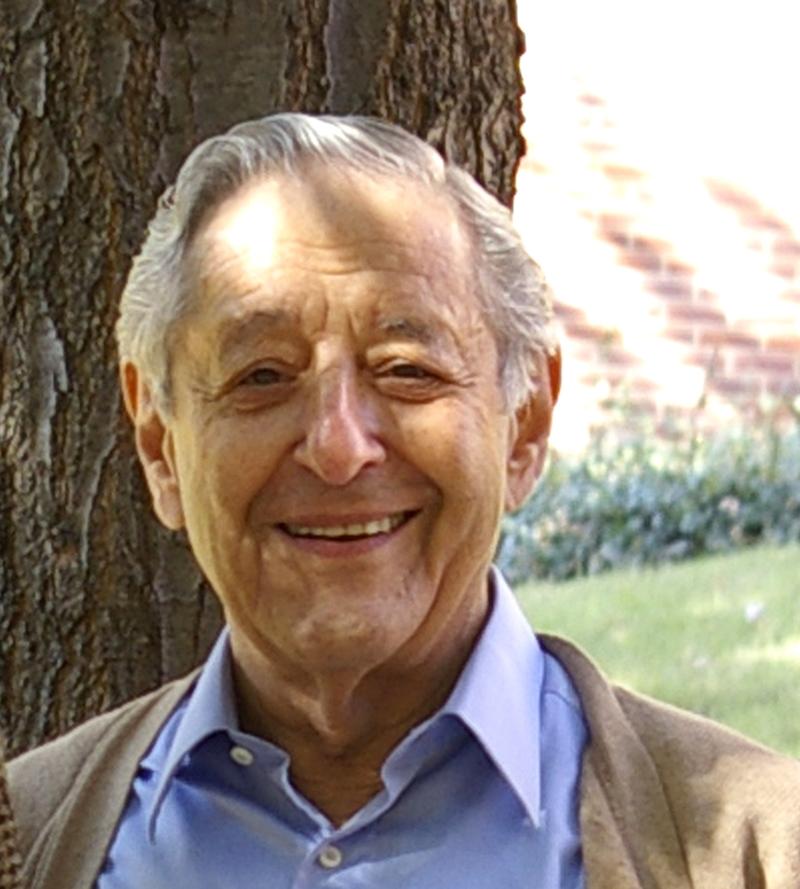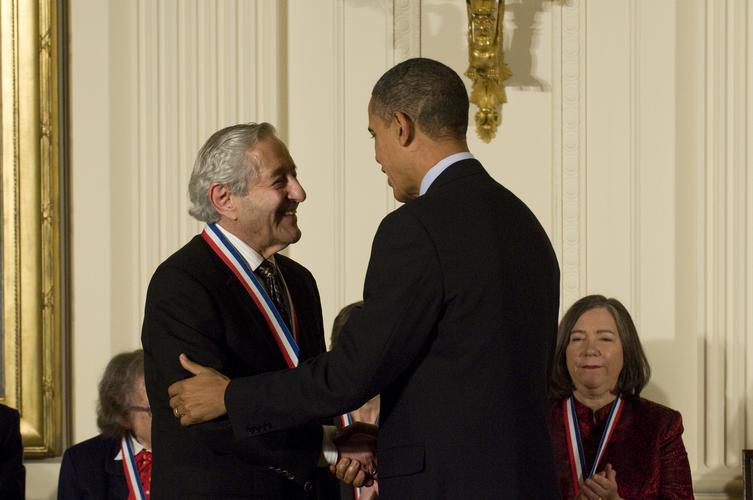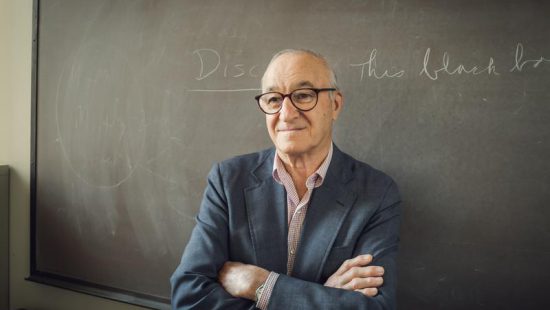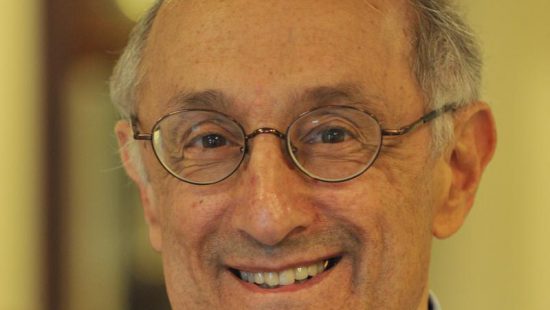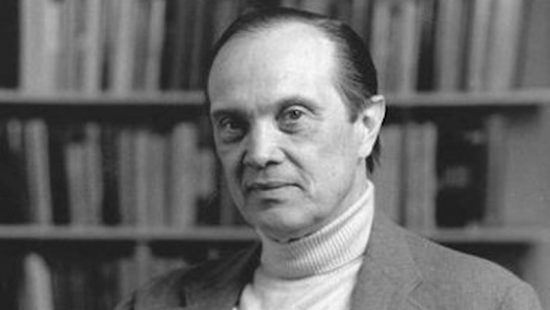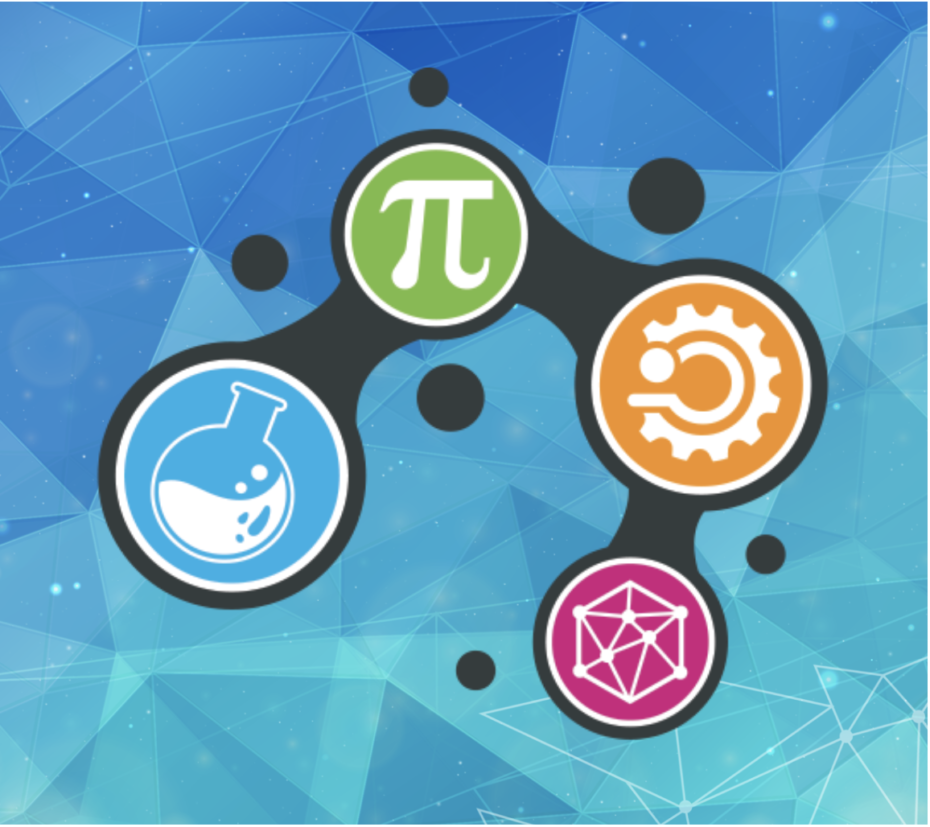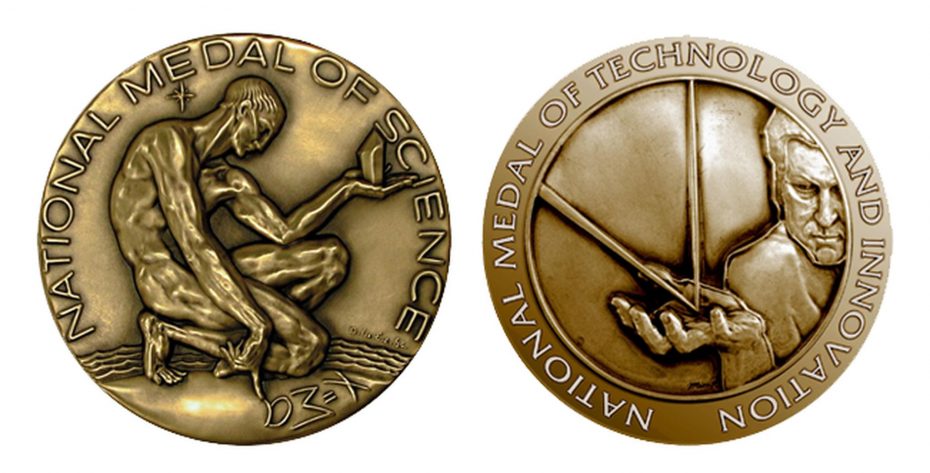The brain is a complex organ – so intricate, in fact, that a single revelation often yields dozens more questions. This is neuropsychologist Mortimer Mishkin’s world.
“Every discovery is a fantastic high,” he said.
Mishkin’s most significant project – focused on how the body processes perception and memory – opened the door to understanding amnesia and other brain conditions. In monkeys, Mishkin and his team determined that the brain uses separate paths to process different types of memory.
Cognitive memory, which recalls events and new information, courses through the brain’s limbic lobe, where emotions are managed. The skills and habits we develop, called “behavioral memory,” move through the basal ganglia, which controls action.
“As we’re able to learn more about how the brain works and how to fix it, millions of people are going to benefit,” Mishkin said, “and through that process understanding will develop about the role of science in having made all of that possible.”

